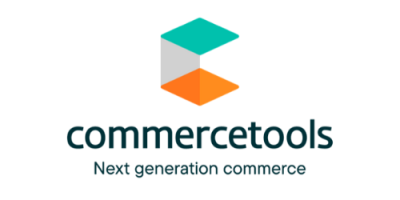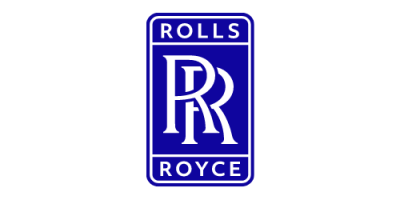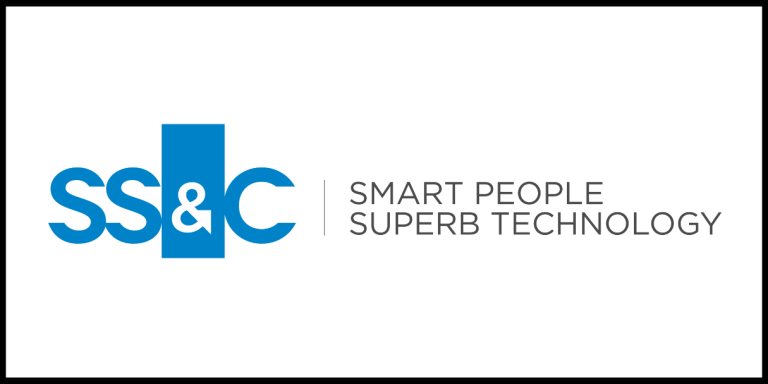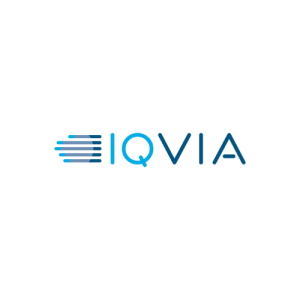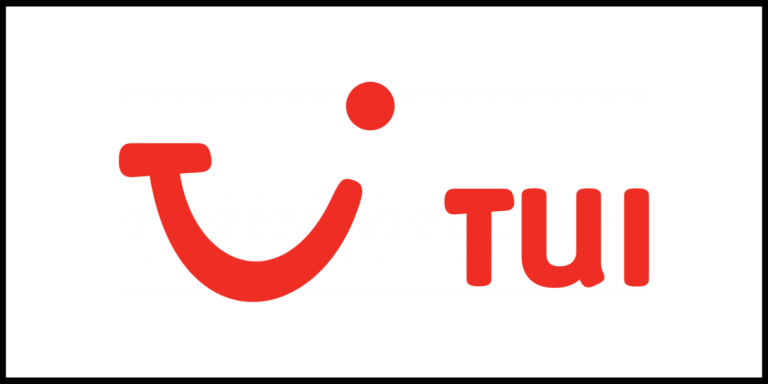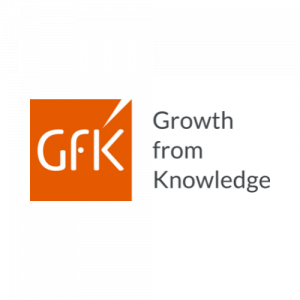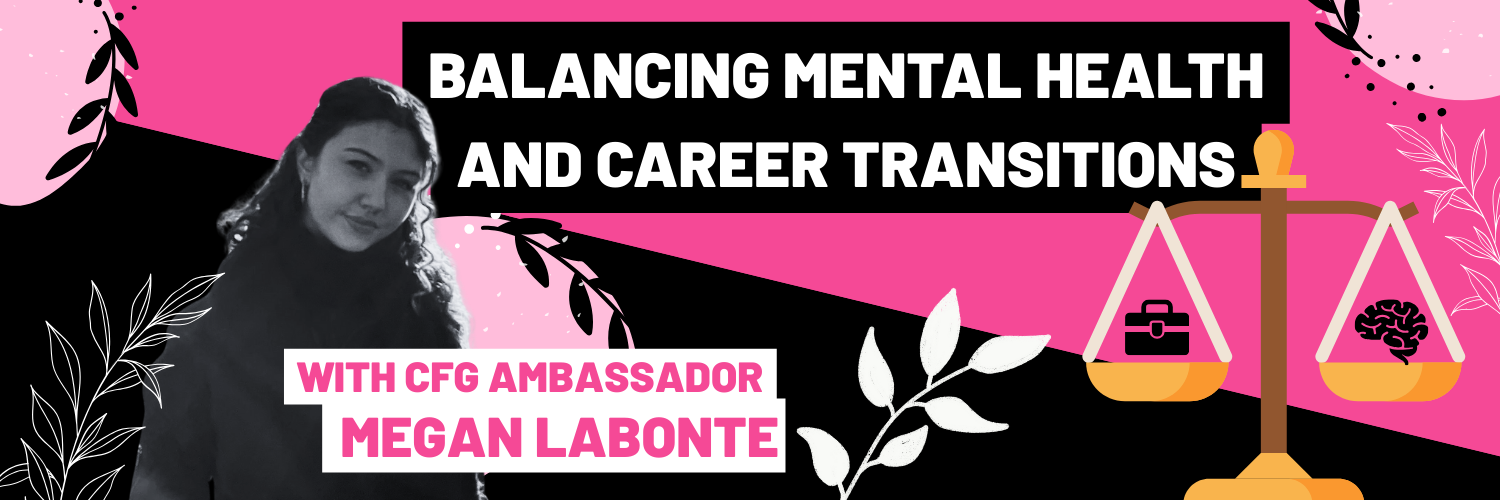
Content Menu
Balancing mental health and career transitions: a guide to navigating change
Changing careers is never easy, and when mental health challenges come into play, the path forward can seem even more overwhelming. I know this firsthand—I’m Megan, a CFG Ambassador and a current master’s student actively seeking a graduate role after transitioning from a career in social media and PR.
Throughout this journey of career switching, I’ve encountered numerous hurdles that may resonate: balancing work with studies, figuring out the right path to pursue, and managing burnout.
One of the toughest obstacles has been maintaining my mental health while striving for career growth. That’s why I’m here to share some insights and practical tips that can help you confidently navigate your own career transition, while also prioritising your well-being.
The Importance of Mental Well-Being in Career Decisions
While it may seem obvious, the impact of mental well-being on career decisions is often overlooked. I know this all too well—when I first decided to make a career switch, I wasn’t in the best mental space. This led me to impulsively enrol in the first coding course I found (without properly researching it or considering the potential career prospects), resulting in a breakdown and eventually leaving my job.
Looking back, I realise there were ways I could have avoided this.
1. Taking the time to put myself first
Taking a little bit of time before making a big decision, especially when it comes to your career, can make all the difference. If you are one to make impulsive decisions, then try mindfulness techniques, meditation or talking with a therapist.
2.Researching
It’s easy to skip the research when you’re feeling stressed – I certainly did! Try setting time aside on the weekends or using a day of annual leave to deep dive into different careers available and what could suit you. From there, you can research potential courses or routes to help you get there.
3.Assessing my current work situation
Take a step back to assess what you do and don’t enjoy about your current role and what you want in your new one. I enjoyed many aspects of my job, but I knew it wasn’t the end goal for me. Also, think about how you can balance pursuing your new career alongside your existing job. Is the training or course flexible? Does it work around your current schedule?
A career change isn’t just a physical shift—it can be deeply emotional, bringing with it stress over finances, uncertainty, and self-doubt. Taking the time to prepare yourself mentally, emotionally, and practically before making the leap is crucial to navigating the transition with confidence and clarity.
Recognising Burnout, Stress, and Mental Health Triggers
Once you’ve made those decisions, you’re one step closer to your goal! Now, as exciting as new career transitions can be, they can also bring new pressures. It’s important to recognise the signs before they get overwhelming.
How do I know when I’m experiencing burnout?
If you’re starting to notice signs of burnout, it’s time to take a step back. Keep an eye out for these signs:
- Are you tired all the time, even after a full night’s sleep?
- Are you struggling to focus or retain information?
- Do you have a drop in motivation, even for things you used to enjoy?
- Are you becoming easily frustrated?
- Are you starting to withdraw from others?
Signs of burnout can include a drop in motivation, becoming easily frustrated, struggling to focus or starting to withdraw from others.
Managing stress and its triggers
Everyone has different reactions to stress, but once you figure out your personal triggers, managing them becomes a lot easier.
These are some common triggers or signs of stress:
- Overloading yourself with too many commitments
- Fear of making mistakes or not being ‘good enough’
- Feeling behind compared to others
- Working for long periods of time without a break
- Not spending time with loved ones or doing the things that bring you joy
- Setting unrealistic goals or timelines
Prioritising rest is not laziness, it’s essential for your well-being. If you’ve found yourself answering “yes” to any of these questions or suspect you might be experiencing burnout, it’s time to schedule some much-needed downtime. Disconnect from work and study, guilt-free. Whether it’s watching your favourite show, going for a walk, or spending time with friends, make time for activities that recharge you.
Remember, a career transition is a journey, not a race. It takes time, so be sure to take care of yourself every step of the way.
What Resources Can Help During a Career Transition?
There are many free resources that can offer support during a big life change, such as switching careers. Your current employer may even have resources in place, such as employee assistance programs to help make your journey more manageable.
If you’re considering studying while working, see if your employer is open to flexible work arrangements or offers remote or hybrid options. You’d be surprised at how much more manageable it becomes to fit in an hour of training when you eliminate your commute!
You may find your employer isn’t as supportive as you had hoped, but this is another thing to consider when applying for your new role and considering the benefits they offer.
Free Online Training Courses
Code First Girls offer a range of free courses that have helped me and many others, during their career transition.
Not sure where to start? Here’s a breakdown of CFG courses I have personally done, all of which are completely free and have flexible learning options available:
Tech Tasters: Short, beginner-friendly courses which are great for exploring a new tech topic!
Coding Kickstarter Classes: Great for building on your current knowledge and kickstarting your tech career
CFGdegree: A free route into your first tech role! Enrolling in the CFGdegree for product management was a game-changer for me. They also offer programs in data science, full-stack development, and data or software engineering. One of the things I really appreciated about the CFGdegree was their inclusive hiring process, designed to make the experience accessible and fair to those who identify as neurodiverse or have mental health conditions.
What made CFG stand out was not only the flexibility of the learning environment but also the support they provided throughout the program.
I had access to Spill (online mental health support) and was granted extra time for examinations. Beyond that, Code First Girls encourages students to build communities where they can support one another throughout their journey.
My cohort was full of amazing women who frequently connected on a Discord server, creating a supportive space where we could share experiences and help each other along the way. The sense of community and the ability to talk things out was truly invaluable.
"One of the things I really appreciated about the CFGdegree was their inclusive hiring process, designed to make the experience accessible and fair to those who identify as neurodiverse or have mental health conditions."
Conclusion
Navigating a career change while prioritising mental health isn’t easy, but it’s possible with the right support, mindset, and self-care. Looking back, taking time to research, rest, and find mental health-friendly learning environments made all the difference.
Remember, progress isn’t always linear—some days will be harder than others, and that’s okay. Be kind to yourself; you deserve a career that aligns with your goals and well-being. You’ve got this!


